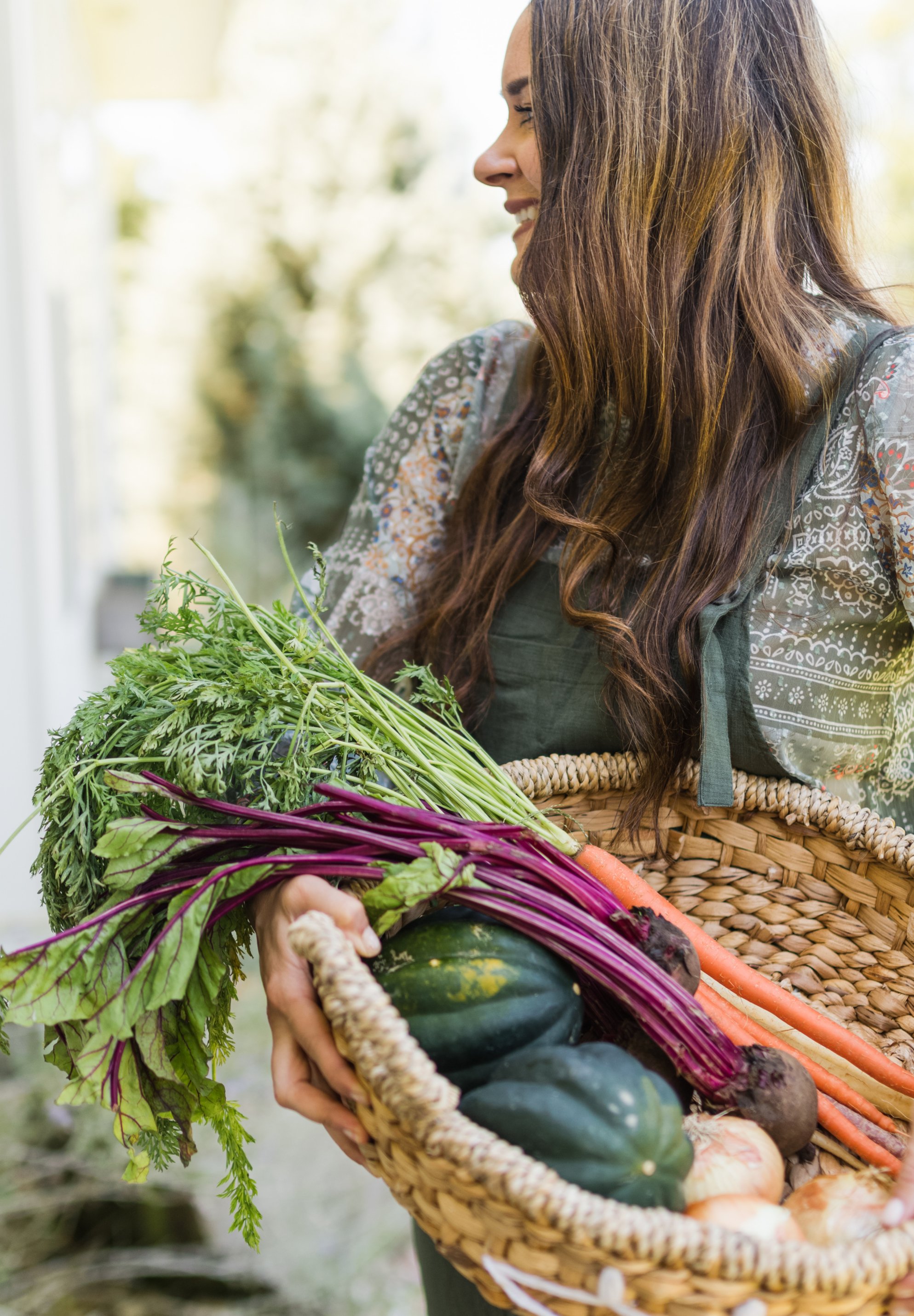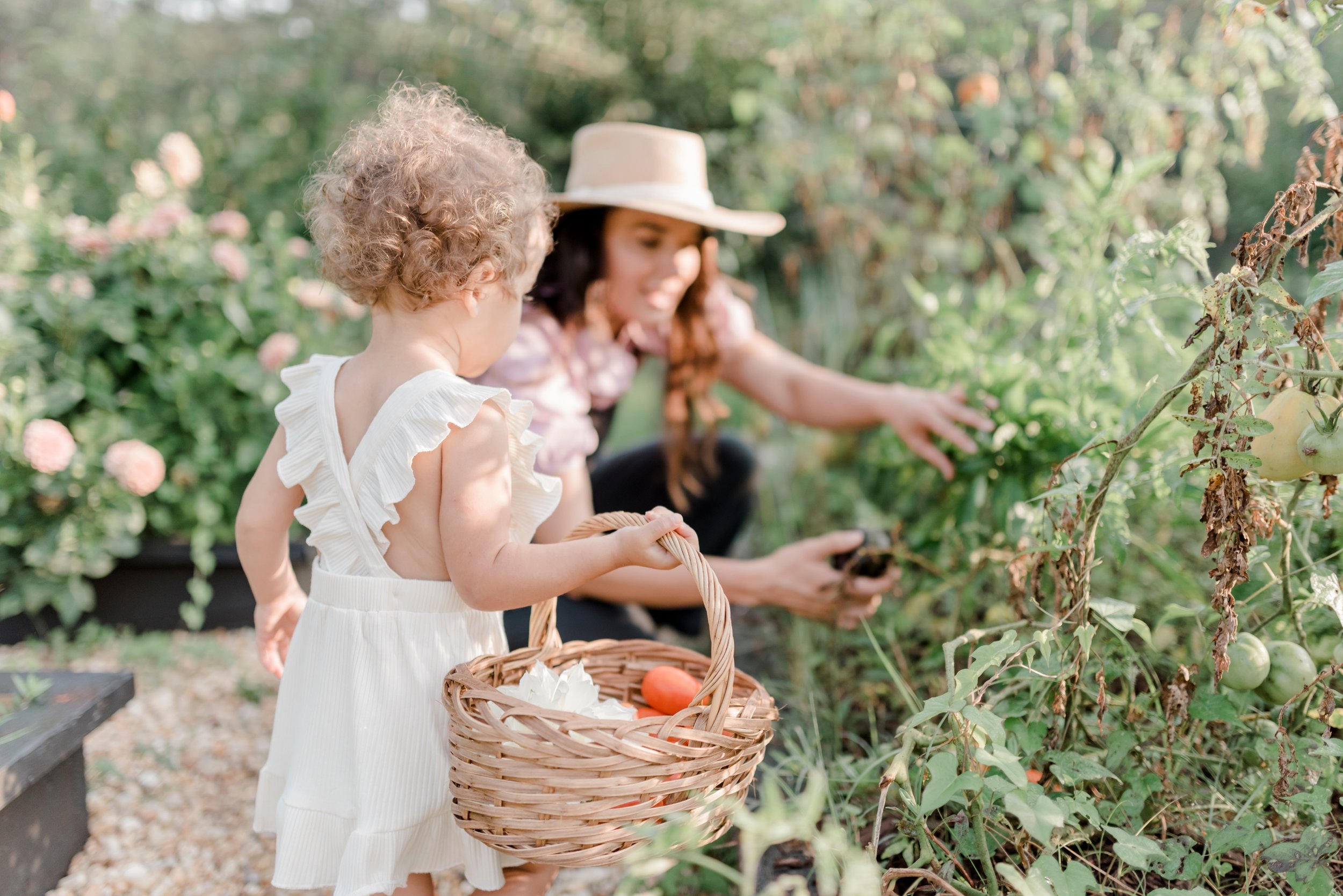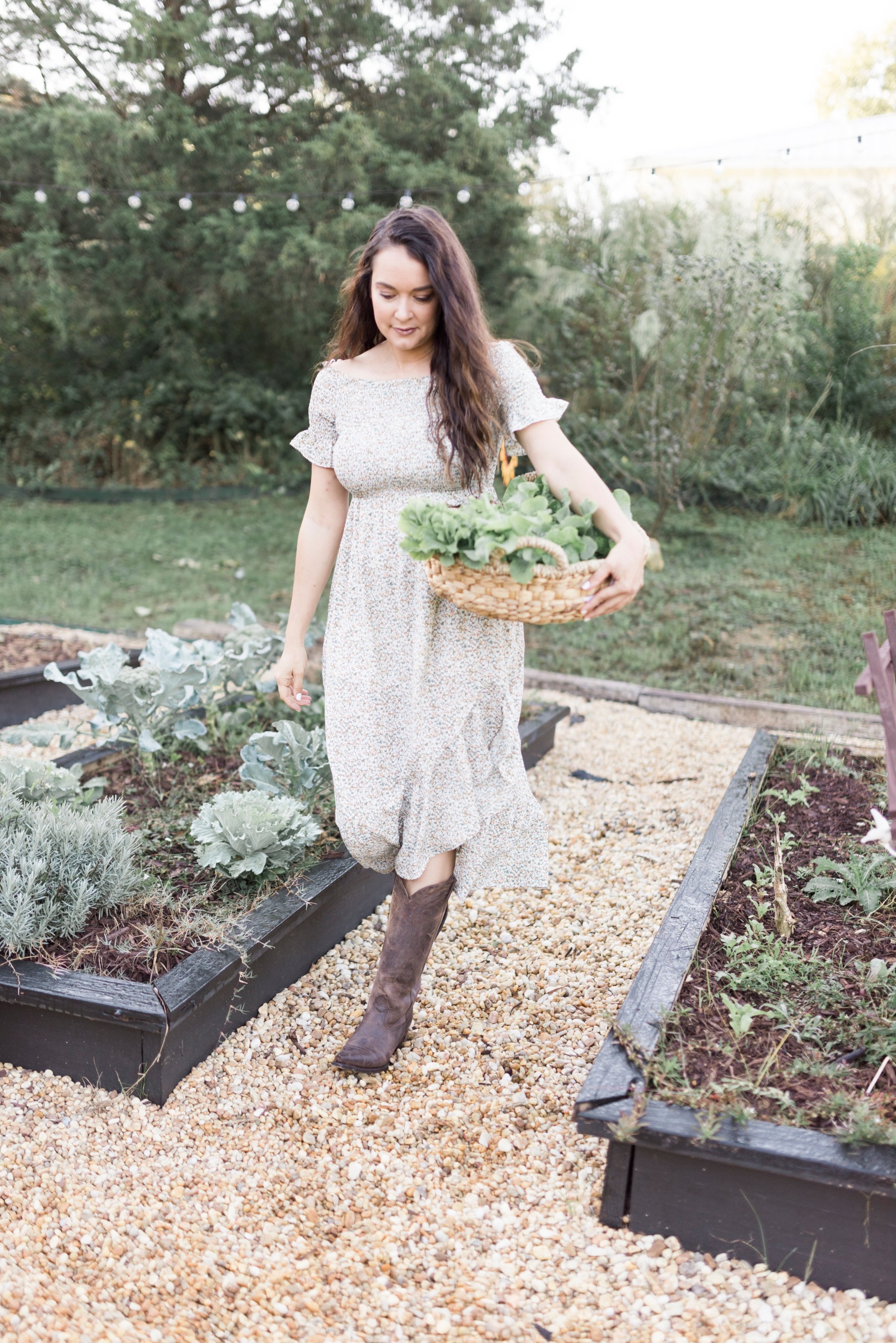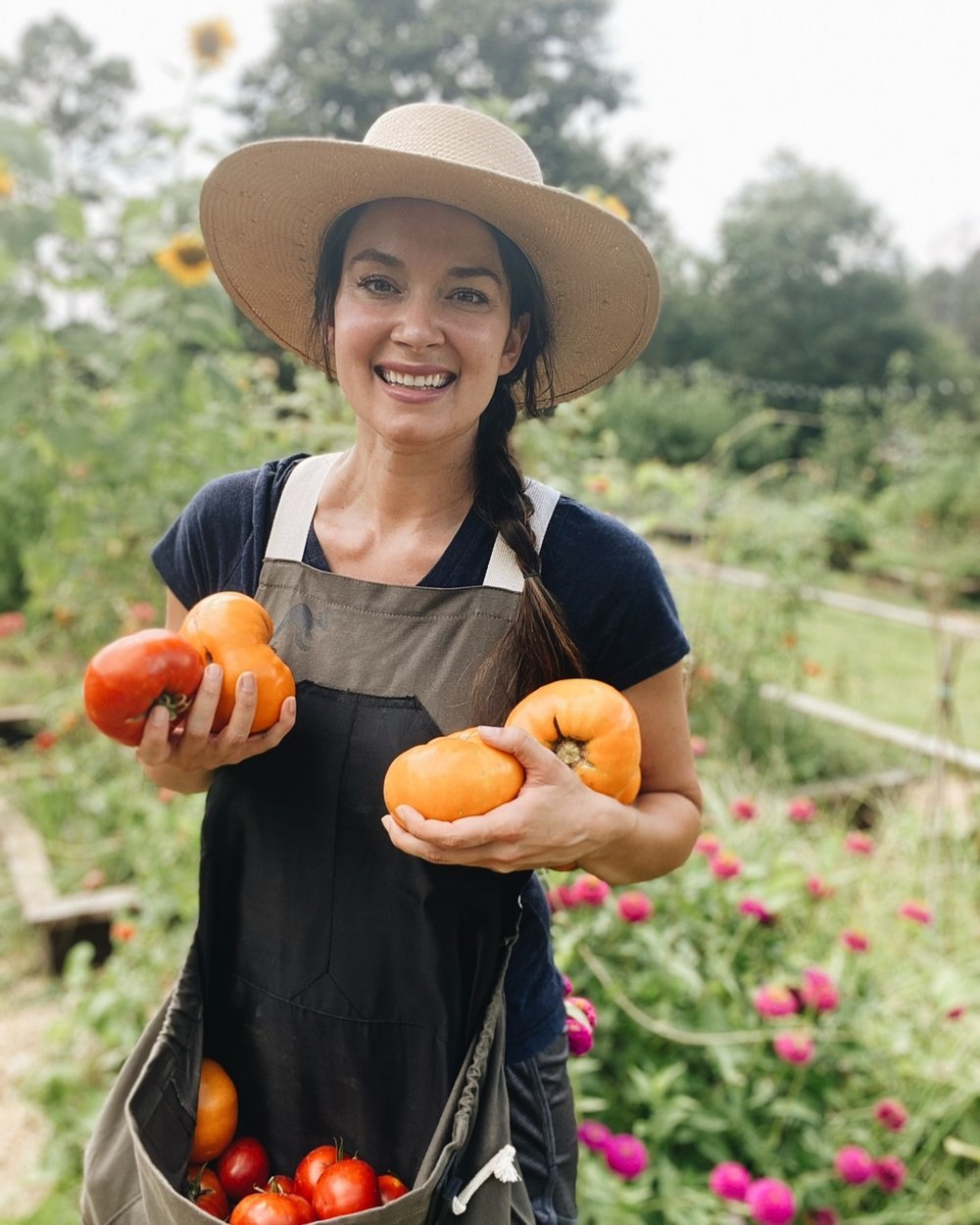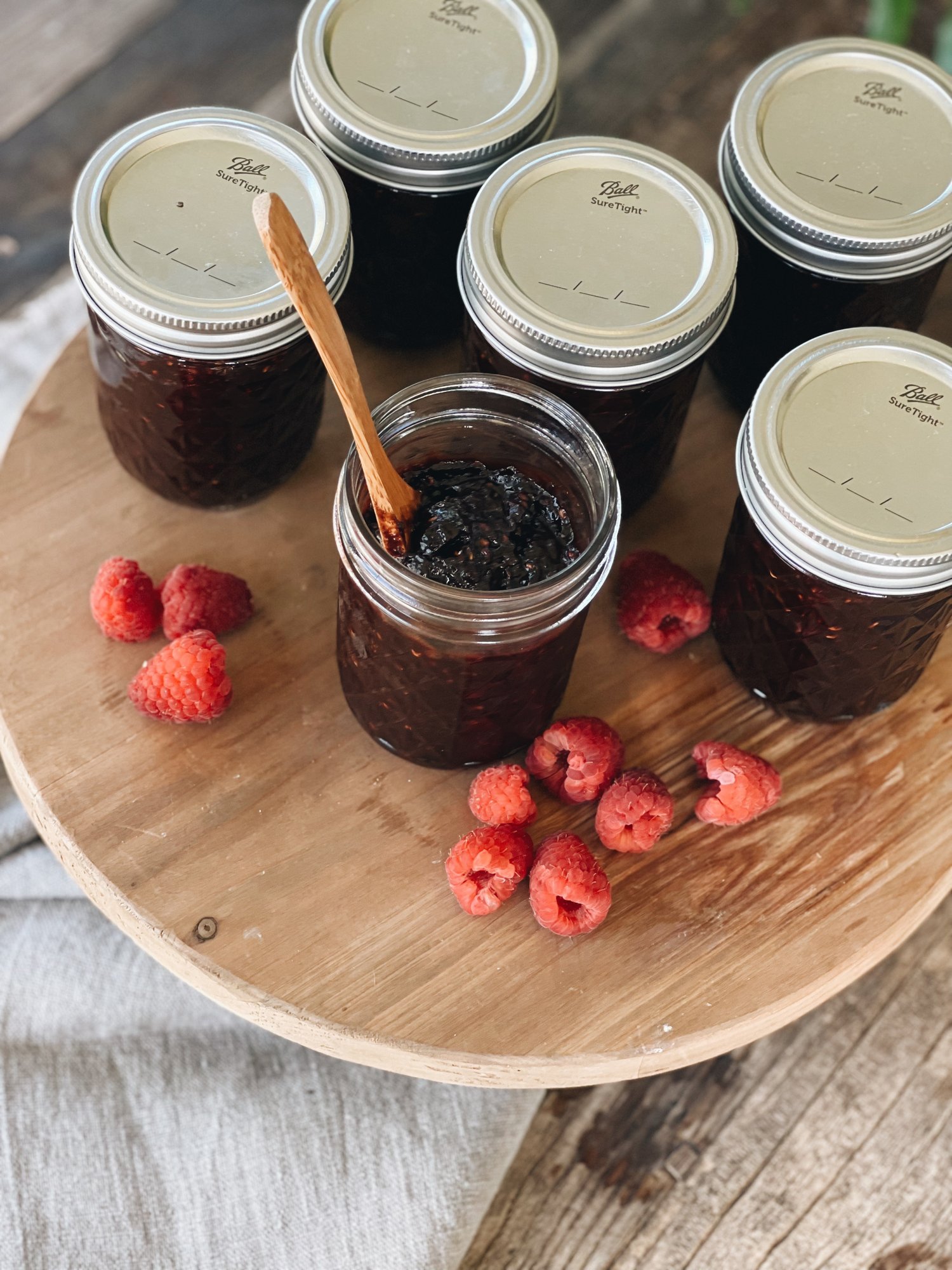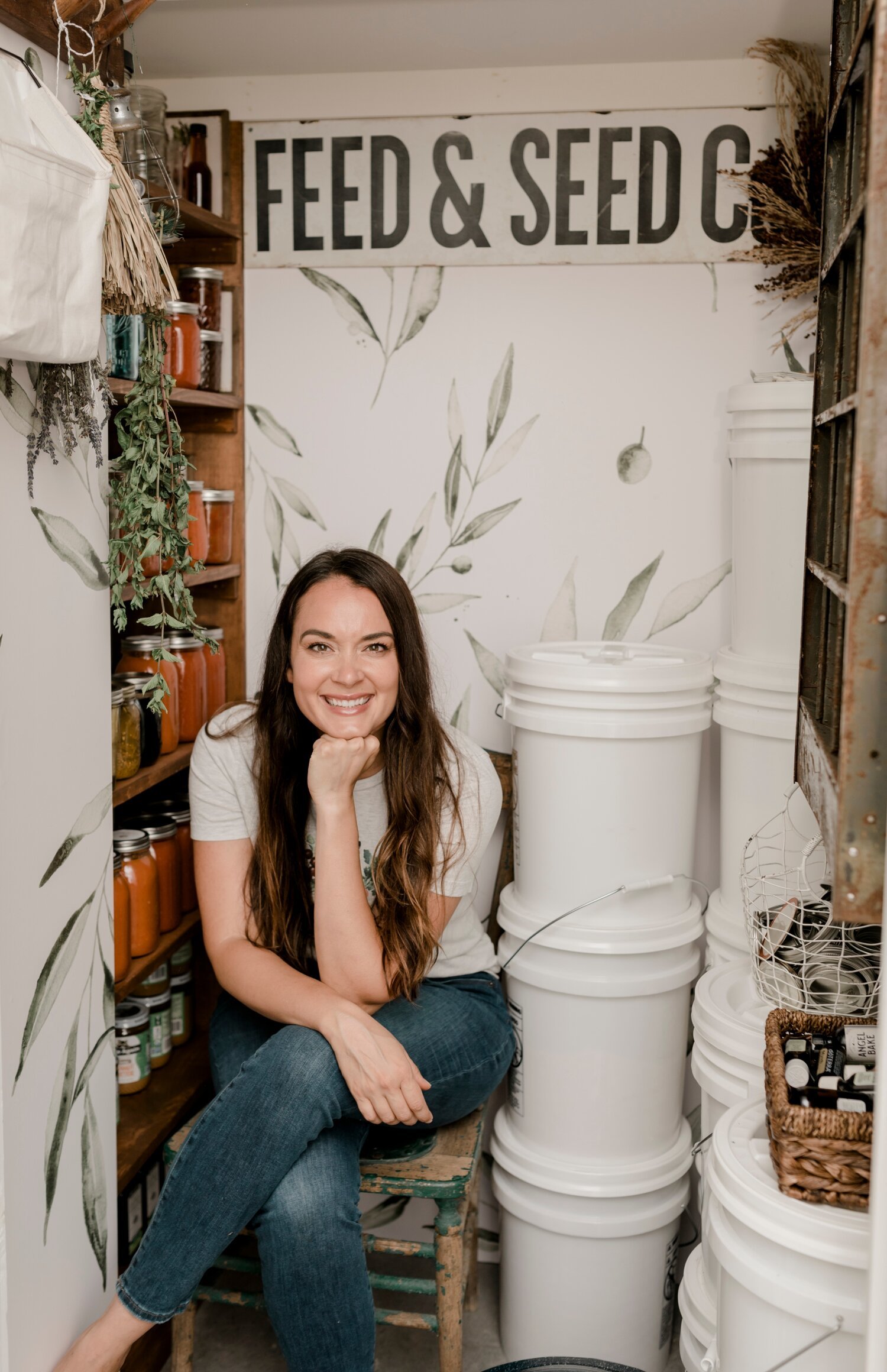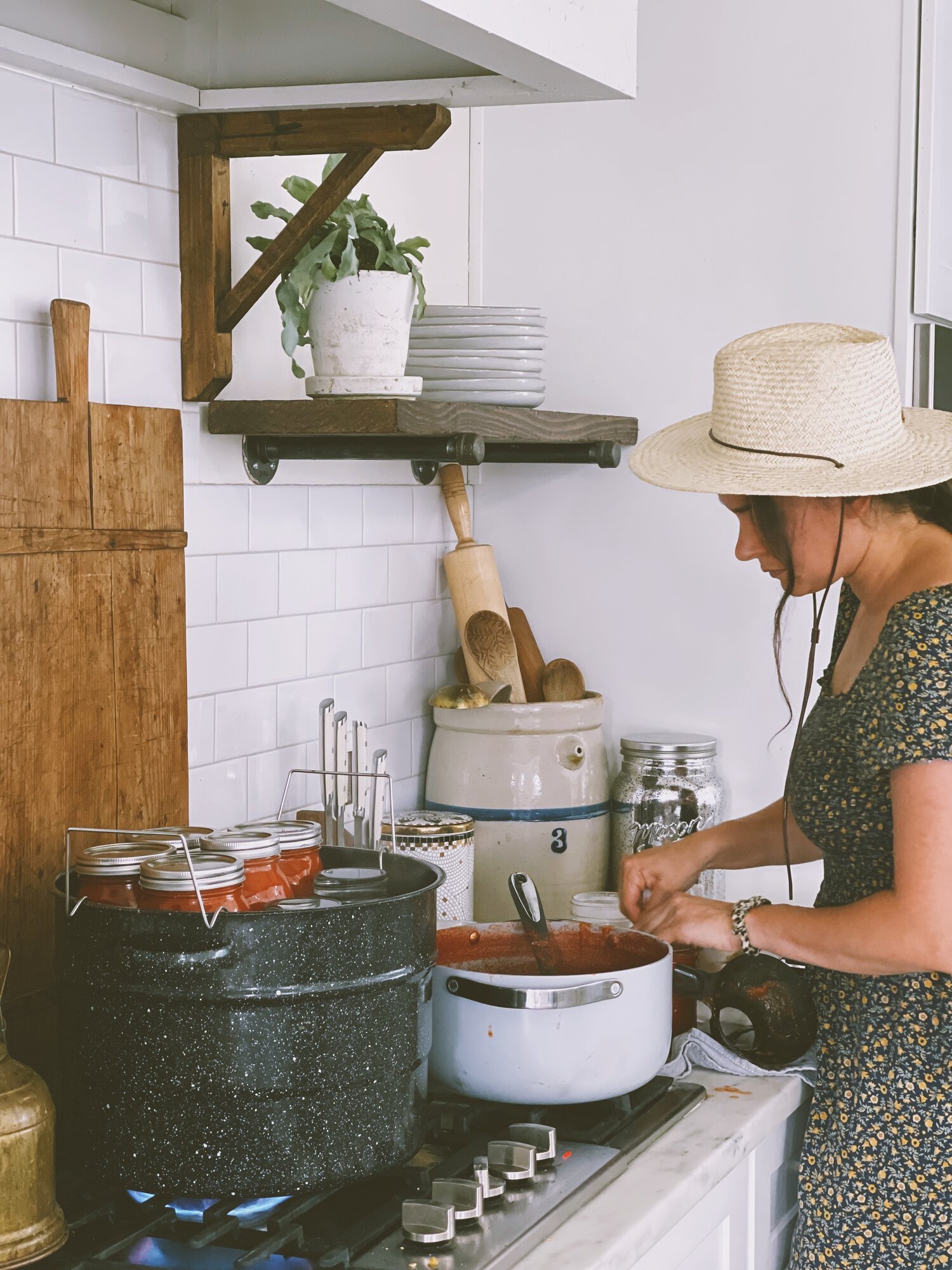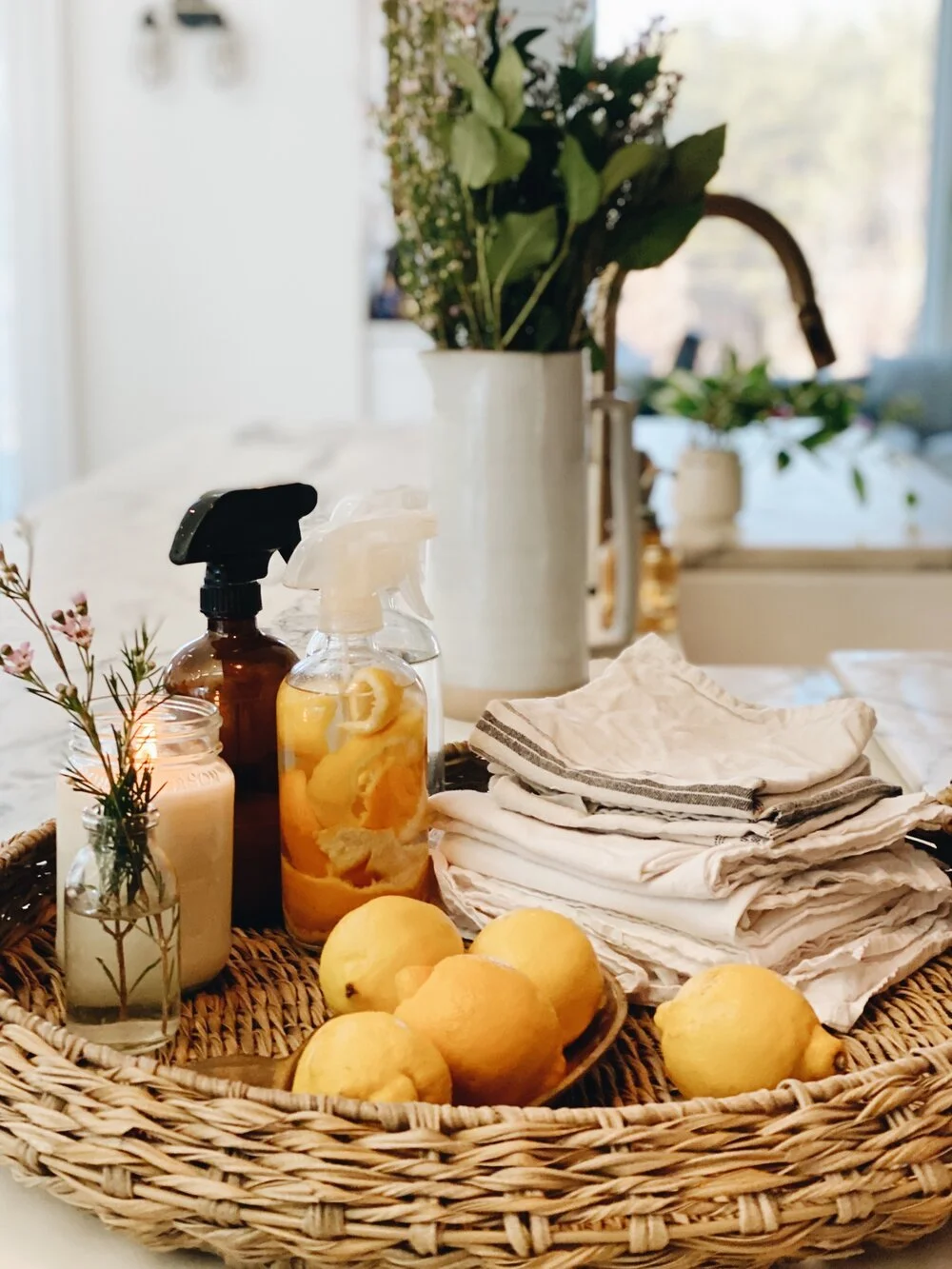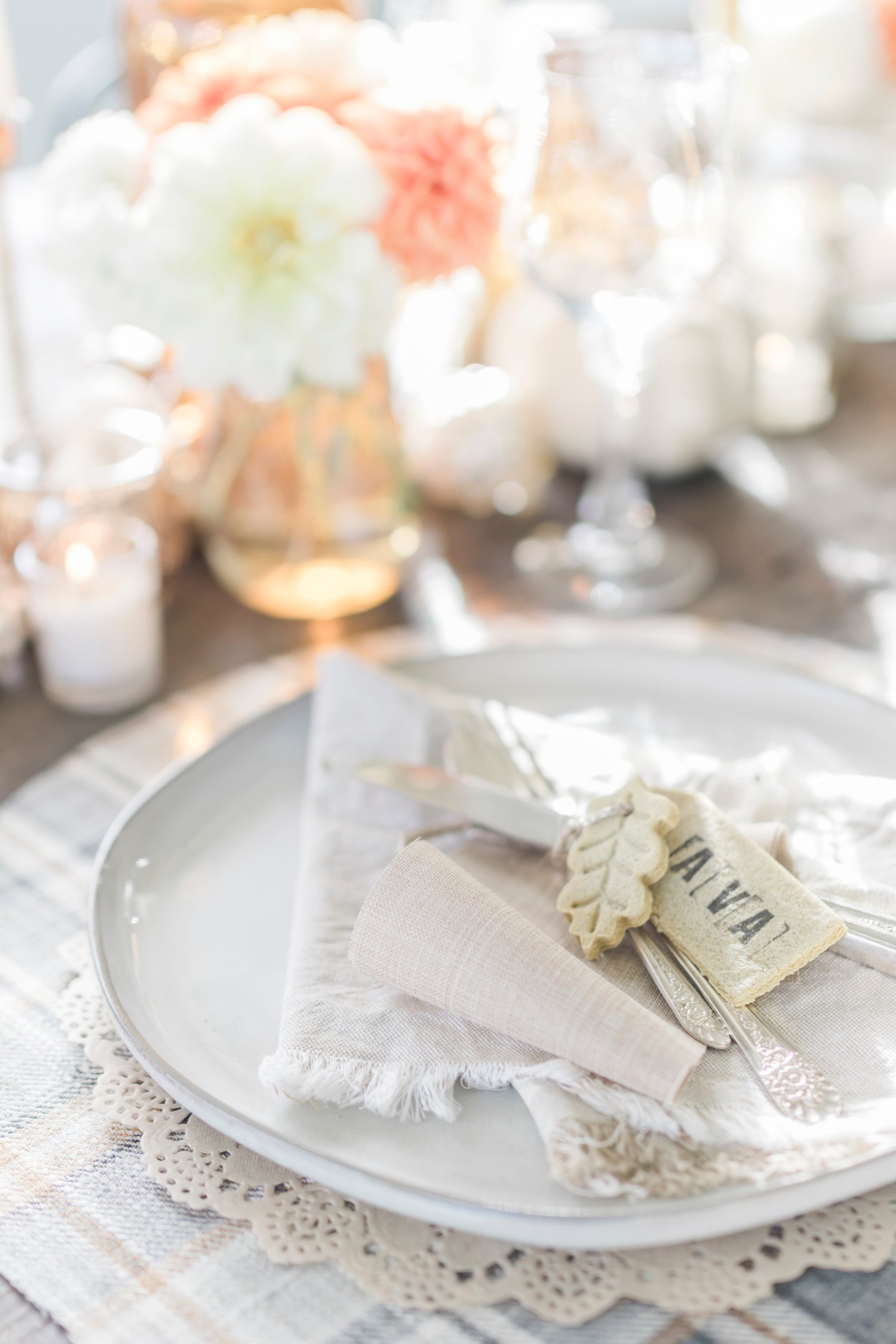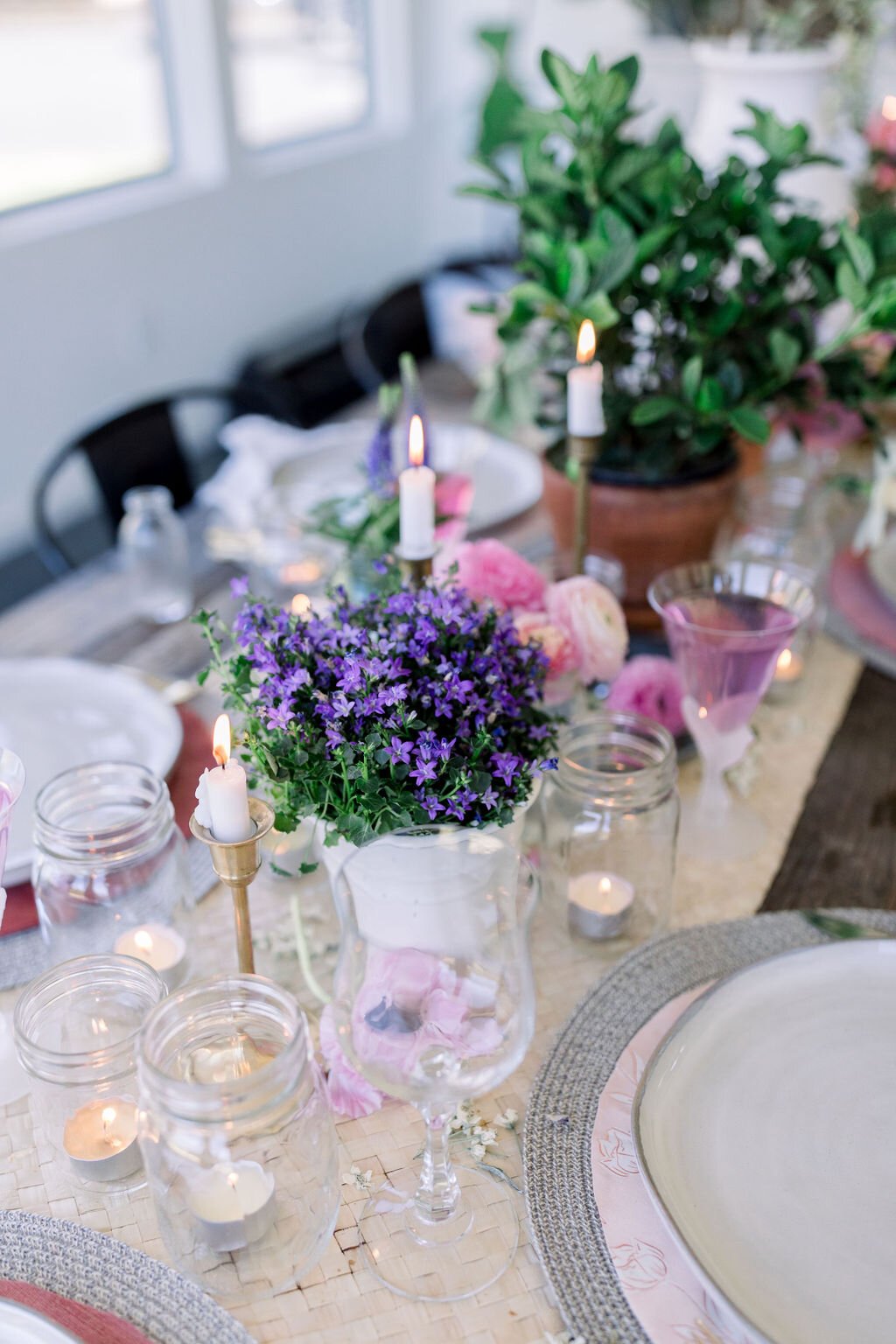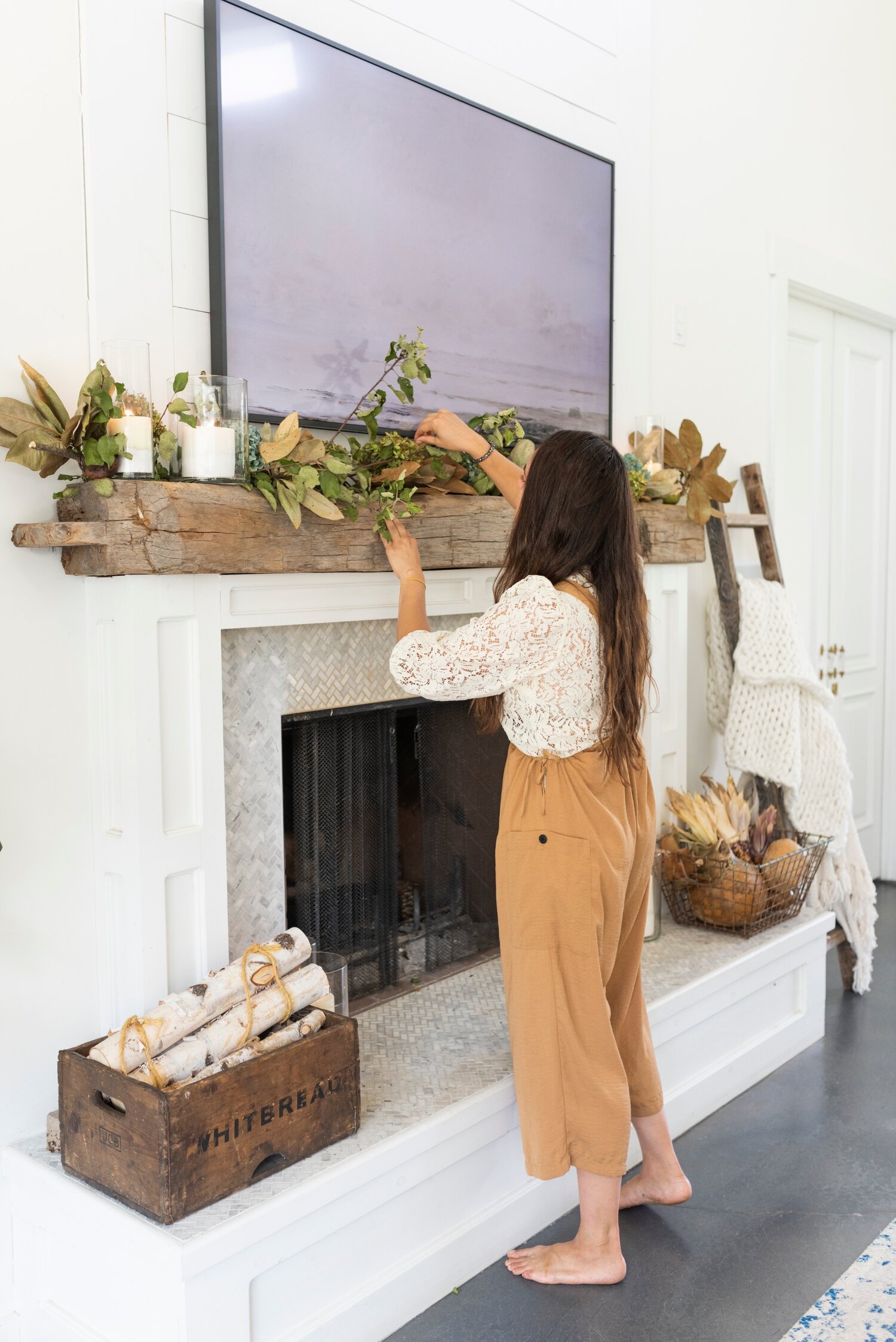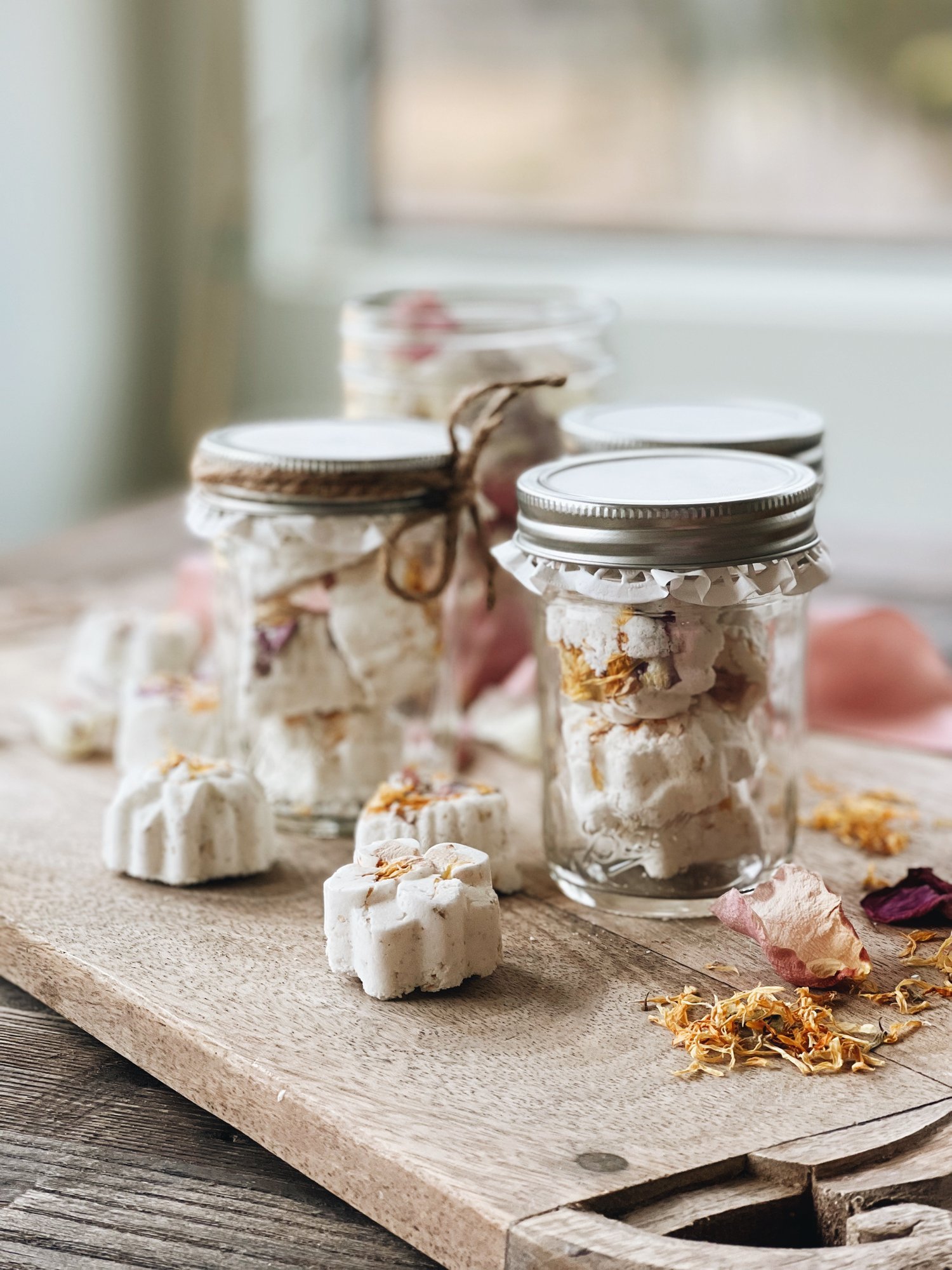6 Ways To be more self-sufficient - Improving your health, environment, and pocket!
Being self-sufficient does not have to mean living entirely off the grid, needing no help, eating only homegrown food, and living in isolation.
Self-sufficiency can mean so many different things to different people.
Self-sufficiency and sustainable living simply mean living a less consumeristic lifestyle and more within your means - reducing your consumption and impact on the environment.
Even making minor changes to live more sustainably can make you more self-sufficient. There is no right or wrong way.
We are always trying to find ways to live more simply and slowly. To embrace nature's blessings and show our appreciation by being more self-sufficient. For us, it's about turning back to the basics and pursuing a life where less is more.
If you are ready to live more sustainably and enjoy a slower pace of life, here are six ways to be more self-sufficient!
six ways to be more self-sufficient
1. LEARN TO GARDEN
Whether you have garden space or even a tiny balcony, start growing your own produce!
Some of the easiest veggies to grow, no matter your space, include mini tomatoes, baby cucumbers, salad greens and microgreens, herbs, and small carrot varieties.
Growing your own veggies and fruits have many advantages, including:
You'll always have something fresh and healthy to eat. Cooking from your garden is so fulfilling!
Your produce will have optimal nutritional content as it is grown in homemade nutrient-rich soil and eaten immediately when ready. No long traveling and storage times that deplete nutrients!
You are in charge of any herbicides and pesticides you use. Even better so when you go completely pesticide free, with no hidden nasties!
You reduce your carbon footprint by avoiding toxic chemicals in agriculture, packaging, and other processes in the production line.
You experience a sense of fulfillment and achievement when biting into that delicious homegrown tomato!
READ MORE: The best vegetables to grow indoors
2. LEARN HOW TO COMPOST
Adding compost to your garden is an excellent idea for your garden and the environment. Compost, among other things, is a significant contributor to the success of our vegetable garden.
Making your own compost pile has many benefits, including:
Recycling or composting your natural waste reduces your waste and greenhouse gas footprint.
Instead of spending money to buy compost, you save money and know what you put into your garden beds by making your own.
You will improve the quality of your soil, which will hold more water and air, release nutrients to plants, erode less, and house lots of beneficial organisms.
Compost is a natural alternative to chemical fertilizers, making it better for your health, your area's water sources, and all other beneficial insects and critters.
READ MORE: A beginner's guide on how to use compost in the garden
3. KEEP CHICKENS
I know this one is not possible for everyone, but if you have the space, I wholeheartedly vouch for keeping chickens!
Chickens were the first animals we had on the farm, and they sure are entertaining pets to have! They are a blessing in our lives and provide lots of enjoyment to our family.
Keeping chickens is not only rewarding, therapeutic, and fun, but there are many other pros to keeping them:
They are (egg)celent pest controllers - no need for pesticides and other chemicals to treat pests and rodents around the garden and home.
Chicken manure is a good fertilizer in the garden that adds organic matter, nitrogen, phosphorus, and potassium to your plants.
This may be a no-brainer, but they provide you with farm-fresh eggs, so you save money!
Breeding with chickens can provide a family with a good supply of meat.
We are strictly plant-based, so we do not keep our chickens for meat and use their eggs in alternative ways.
READ MORE: Four ways for using your excess chicken eggs
READ MORE: Caring for chickens 101 - a beginner's guide on keeping chickens
4. LEARN TO CAN AND STORE FOOD LONG-TERM
I have a big love for canning food! If you would walk into our food storage closet, you will see shelves filled to the brim with glass jars and canned foods.
Canning food is preserving fresh or prepared foods in glass jars with 2-piece closures using high heat to destroy microorganisms that cause spoilage.
When food is correctly canned, it can be stored and enjoyed for up to two years - allowing you to enjoy delicious tomatoes or pickles you harvested a long time ago. Talk about being self-sufficient!
Canning food has many advantages, including:
It is a way to be more self-sufficient, relying less on store-bought food and living sustainably by reducing food waste and packaging.
I love knowing where my food comes from - not being treated with pesticides, herbicides, and other nasties.
It brings immense joy and fulfillment to my family and me. It is very satisfying to enjoy something you have made from scratch! Even more so when spent with loved ones.
It is a wonderful way to store food long-term for use later (especially when out of season).
Sharing canned food or produce with friends and family is a huge blessing.
Canning may seem daunting and complex, reserved only for the home cook with years of experience or someone with acres of land and vegetable gardens.
But I want to assure you this is not the case. Canning food is a magical process and experience that even novice cooks can quickly master by following a few basic principles. And that counts for everyone, no matter where you live, even in the city!
Buying food in bulk is another great way to reduce trips to the grocery store, great for meal planning, and helps to maintain a healthy diet.
READ MORE: How to safely store food long term
READ MORE: How to can in 10 easy steps plus a delicious beginners recipe
MY CANNING COURSE
I have an in-depth canning course available soon that will take you from novice to master canner in no time. You can sign up HERE for my newsletter to stay in the loop and get notified when the course is available.
This course will contain the following:
A total of 25 informative, interactive videos taking you from start to finish, covering everything there is to know about canning.
The do's and don't of canning.
Your most common canning questions answered, and fears addressed.
The best practices and tips for perfect canning EVERY.SINGLE.TIME.
5 of my favorite delicious canning recipes that are great for beginners.
5. MAKE YOUR OWN CLEANING PRODUCTS
Another way to live more sustainably and self-sufficient is to make your own cleaning products.
Even though it may take some extra effort instead of just buying something, natural homemade cleaning products can save you money and are safer for the environment and our health.
And when you have kids or pets, it's even more of a reason to switch to natural cleaners around the home.
The top 5 natural cleaning products I like to use are vinegar, lemon, baking soda, Castille soap, and Borax. It's amazing how well these products work and how great they smell when mixed with essential oils!
READ MORE: Top 5 natural homemade cleaning products and how to use them
I also like to make homemade laundry detergent. It is cheaper, less irritating to our skin, and gentler on grey water. You can find my natural laundry detergent recipe HERE.
A few other ways to clean and live more naturally around the home:
Make DIY mosquito and bug repellents. See how to HERE
Make DIY natural homestead sprays for your home, farm, chicken coop, etc., to treat insects, mites, and other problems. HERE are some recipes.
Use fewer paper towels and more cloth and kitchen towels.
Instead of using disposable sponges, use ones that will last a long time and can be used in multiple ways when cleaning.
6. REUSE, REPAIR, OR PURCHASE WITH A PURPOSE
So often, we are tempted to buy that popular new handbag, beautiful dress, or something new for the home. And there's nothing wrong with that!
But we can find ways to reuse or repair old or damaged clothes, switch things around the home like rotating scatter cushions, or repaint a dining set.
Find ways to be creative (hello Pinterest!) and make homemade gifts and DIY table decorations, or turn to nature and use foraged decor. The options are endless!
There is no denying that you will still need to consume and buy stuff. But when going on a shopping spree or looking for that special something, purchase with a purpose. Only buy what you truly need or cannot make yourself and support small businesses and companies with eco-initiatives.
My DIY blog category will give you many fun ideas!
And these blogs below:
These are just a few ways to be more self-sufficient, there are so many more things you can do to make a difference, even if it is small! Every small change accumulates to a big difference and becoming more self-sufficient.
I hope you found these tips and ideas helpful!
Love, Annette xx


